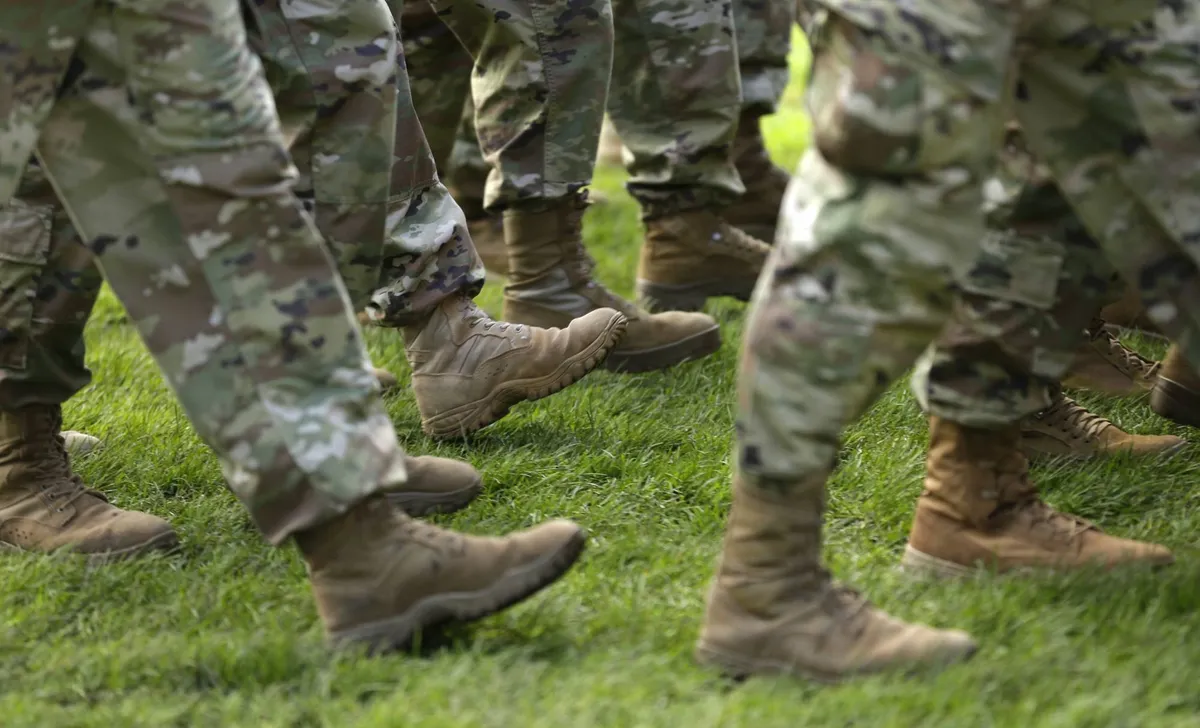
The U.S. Defense Department has recently announced it received an anonymous donation of $130 million intended to fund military salaries during the ongoing government shutdown. However, legal experts caution that the Pentagon may not legally utilize these funds without prior approval from Congress.
On Thursday, President Donald Trump revealed that a “friend” had stepped forward to cover any potential shortfalls in military pay by providing a $130 million check. The White House and the Defense Department have not clarified how this specific amount was determined, raising questions about the donation's legitimacy and intended use.
Chief Pentagon Spokesman Sean Parnell stated that the Defense Department accepted the donation under its “general gift acceptance authority.” He emphasized that the funds were earmarked specifically to offset the salaries and benefits of service members, expressing gratitude towards the donor for their assistance, especially after Democrats chose to withhold pay from troops.
Despite the Pentagon's acceptance of the gift, legal experts like David Super, a professor of law and economics at Georgetown University Law Center, argue that spending these funds without congressional appropriation violates the Constitution and the Antideficiency Act. Super explained that whether the government can pay troops' salaries should rely on congressional appropriations, not on private donations. If there is no appropriation available, the Pentagon can hold the gift but cannot spend it without Congress's approval.
This situation mirrors the Pentagon's recent controversial decision to redirect $8 billion from research and development accounts to cover military pay, a move that raised similar legal concerns. Government agencies are restricted to spending only federal funds that have been appropriated by Congress, making any unauthorized spending constitutionally prohibited.
Furthermore, the Defense Department is required to consult with an ethics office before accepting donations exceeding $10,000 to assess whether the donor has any ongoing claims or interests with the department. The lack of transparency surrounding the identity of the donor raises additional ethical concerns. Legal experts worry that the source of the funds could be questionable, potentially linked to foreign powers with interests opposed to U.S. national security.
The White House has declined to comment on the donation, directing inquiries to the Defense and Treasury departments, neither of which has responded to requests for information.
Rich Brady, the CEO of the Society of Defense Financial Management, indicated that the Pentagon might argue that using the donation does not violate the Antideficiency Act since there is currently no appropriation available for military pay due to the government shutdown. He stated, “You can’t augment something that doesn’t exist,” highlighting the precarious legal ground on which the Pentagon stands.
Despite the gray area surrounding the donation, Brady noted that the Justice Department has previously allowed federal agencies to accept outside assistance in emergencies to prevent immediate harm. However, he expressed concern about the implications of setting a precedent for accepting private funds to cover military salaries.
Military pay has emerged as a contentious issue during the government shutdown, particularly with the absence of legislation like the Pay Our Military Act, which previously ensured troop payments during shutdowns. House Speaker Mike Johnson (R-La.) has refrained from bringing the Pay Our Troops Act of 2026 to the floor, arguing that the House has fulfilled its responsibilities through the continuing resolution.
Meanwhile, Senate Republicans attempted to pass legislation ensuring military pay during the shutdown, but their efforts were thwarted by Democrats, who instead supported broader legislation aimed at guaranteeing pay for all federal employees.
For further inquiries regarding developments in the federal government, you can contact the reporter via email at anastasia.obis@federalnewsnetwork.com or reach out on Signal at (301) 830-2747.
Copyright © 2025 Federal News Network. All rights reserved. This website is not intended for users located within the European Economic Area.